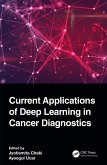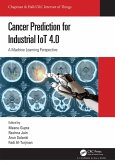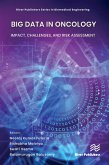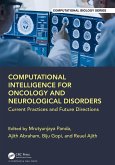This book is a formational guide for turning clinical systems into engines of discovery as well as a translational guide for moving evidence into practice. It meets recommendations from the National Academies of Science to "reorient the research portfolio" toward providing greater "cognitive support for physicians, patients, and their caregivers" to "improve patient outcomes." Data from systems studies have suggested that oncology and primary care systems are prone to errors of omission, which can lead to fatal consequences downstream. By infusing the best science across disciplines, this book creates new environments of "Smart and Connected Health."
Oncology Informatics is also a policy guide in an era of extensive reform in healthcare settings, including new incentives for healthcare providers to demonstrate "meaningful use" of these technologies to improve system safety, engage patients, ensure continuity of care, enable population health, and protect privacy. Oncology Informatics acknowledges this extraordinary turn of events and offers practical guidance for meeting meaningful use requirements in the service of improved cancer care.
Anyone who wishes to take full advantage of the health information revolution in oncology to accelerate successes against cancer will find the information in this book valuable.
- Presents a pragmatic perspective for practitioners and allied health care professionals on how to implement Health I.T. solutions in a way that will minimize disruption while optimizing practice goals
- Proposes evidence-based guidelines for designers on how to create system interfaces that are easy to use, efficacious, and timesaving
- Offers insight for researchers into the ways in which informatics tools in oncology can be utilized to shorten the distance between discovery and practice
Dieser Download kann aus rechtlichen Gründen nur mit Rechnungsadresse in A, B, BG, CY, CZ, D, DK, EW, E, FIN, F, GR, HR, H, IRL, I, LT, L, LR, M, NL, PL, P, R, S, SLO, SK ausgeliefert werden.









